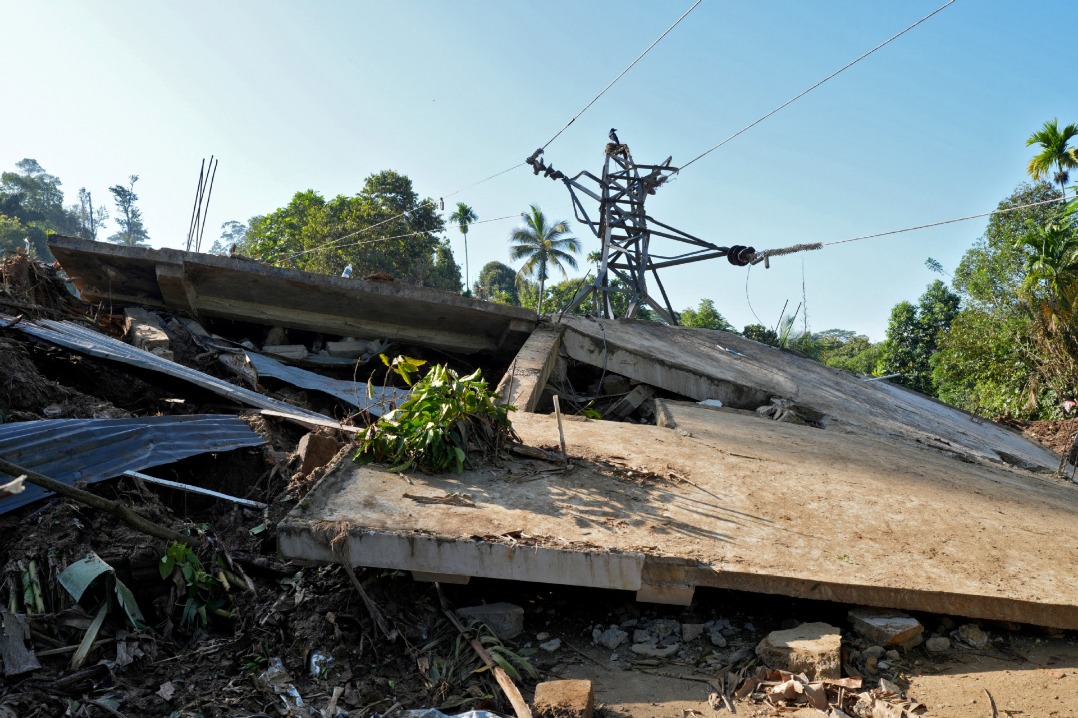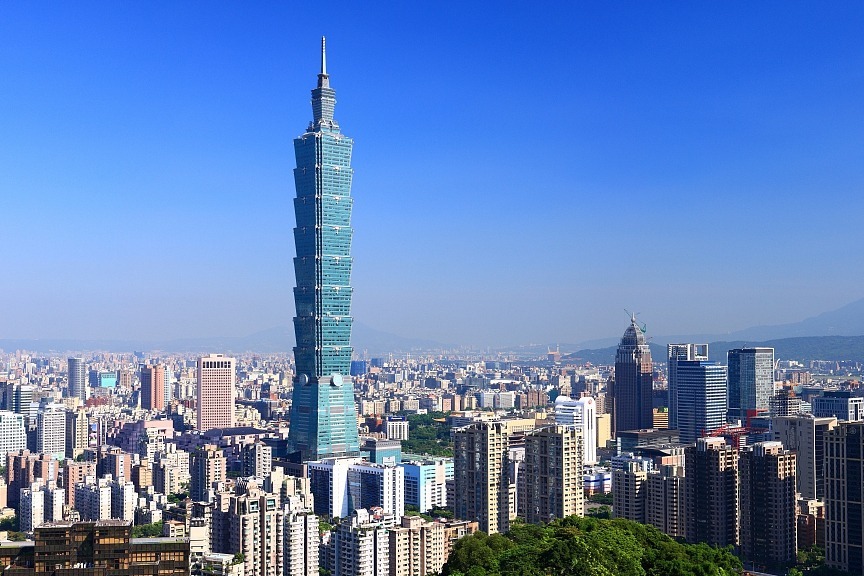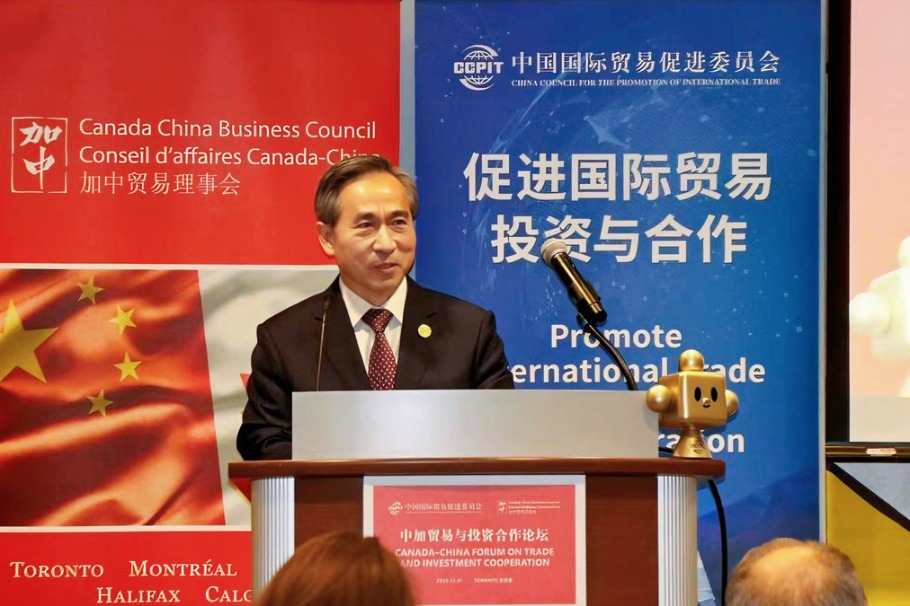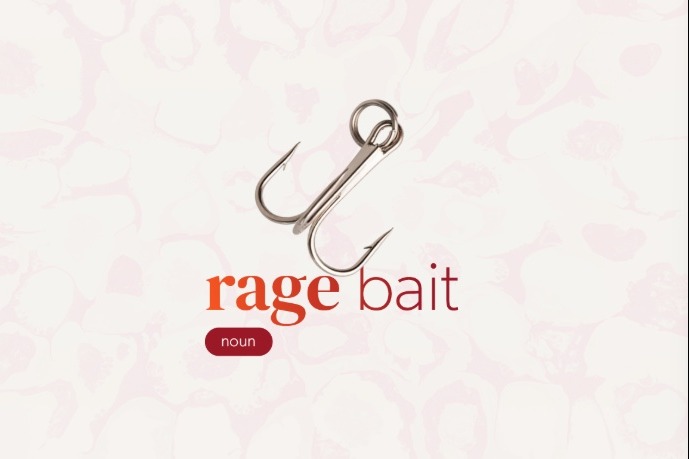Tycoon boosts Beijing-Manila ties

Though born and raised in the Philippines, Angel Ngu has tapped the potential of his Chinese links.
The aluminum products tycoon, who is also honorary president of the Federation of Filipino Chinese Chambers of Commerce and Industry, Inc (FFCCCII), is devoted to serving the local communities and strengthening the friendship between China and the Philippines.
"I can say that when I was serving as the president (from 2015 to 2017), I had a mere two hours or less to manage my own company every day," said Ngu, speaking in fluent Mandarin, though with a trace of Minnan accent, similar to those from Fujian province. While Ngu was born in the Philippines, his parents hail from the East China province.
"Whether it's about business, individuals, the general environment in the Philippines, or some new regulation — anything that is unfair or unfavorable for Filipino-Chinese entrepreneurs — we will strive for our rights," said Ngu.
Back in 1954, FFCCCII was established against the backdrop of acts in the Philippines that excluded members of the Filipino-Chinese community, including the Retail Nationalization Act of 1954 that compelled many Chinese to exit the retail sector.
With the aim of uniting the Filipino-Chinese community and promoting business growth, the federation now cooperates with more than 160 member organizations nationwide. It also implements social welfare projects.
"We want to play a bigger role in Philippine society beyond just being businesspeople," said Ngu.
According to a list compiled by Forbes, eight of the 10 richest people in the Philippines are of Chinese origin. Ngu said Filipino-Chinese businessmen have made significant contributions to the Philippines' economic development.
Ngu himself is a good example of a self-made Filipino-Chinese businessman.
He started out as a young apprentice at an auto parts company before moving on to work in a glass factory. Ngu eventually established a glass and aluminum products manufacturing company and made a mark on the industry due to his emphasis on quality.
"We are not the biggest company by size, but I can say our products offer the best quality," said Ngu. His company is among the Philippines' top three aluminum product makers by market share, with its portfolio widely used in many large construction projects.
Though better quality often comes at a higher cost, it does not deter Ngu as he believes clients' complaints about bad products will be more detrimental to the sustainability of a business.
Over the years, many Filipino-Chinese business people have helped shape the Philippine business landscape through their hard work, diligence and ingenuity, said Ngu.
FFCCCII has always advocated the principles of strong corporate social responsibility since it was founded, according to Ngu. It provides free medical and dental services, as well as free medicines for the poor. In times of calamity, it gets involved in relief operations.
It also lends support to volunteer fire brigades and supports Philippine President Rodrigo Duterte's campaign against illegal drugs by donating buildings to house drug rehabilitation centers.
As of 2017, more than 5,000 two-classroom school buildings have been donated by FFCCCII to public schools in the Philippines. The donations were collected not only from its own members, but also through joint efforts with other organizations, families and individuals in the Filipino-Chinese community.
"We need to offer our kindness and make contributions to the local community (to build mutual understanding)," said Ngu. "The Philippine people understand gratitude. If you treat them well, they will remember it."
While making money, "we also give back to society", said Ngu.
Under his leadership, FFCCCII formed the Rizal Policy and Action Center (RPAC) last year to convey the federation's position on laws and policies as well as other critical issues.
"As the voice of the Filipino-Chinese community, our federation seeks to work with the government to address issues that affect businesses and the Filipino-Chinese community," said Ngu, adding that it is time to make the Filipino-Chinese not just economically important, but also politically important.
"Everything we do is for the benefit of the Filipino-Chinese," said Ngu.
As the head of the federation, he has also faced many challenges.
Ngu recalled that when he took on the role, the office of former Philippine president Benigno Aquino III asked him to declare his loyalty to the country through an article in a local newspaper.
"In addition, they wanted me to say that the South China Sea belongs to the Philippines, which is a very big issue," said Ngu.
"China and the Philippines are two friendly neighbors since ancient times, which should not be affected by a single issue over territory in the (South China Sea) … I believe both (countries') leaders have the wisdom to solve it in a peaceful way."
Ngu avoided mentioning the South China Sea issue in the article, but things did not end there. One influential Philippine journalist read the piece and wrote a response questioning the loyalty of the Filipino-Chinese community.
Ngu immediately contacted the reporter. "I said I was born and raised in the Philippines. I love the country, but I love China too, because my parents are from China," he said.
"It is like asking me who I should live with if my parents seek divorce," said Ngu. "But there is one solution, I can hold their hands, then we can walk together toward a brighter future."
As China marches toward prosperity, Ngu sees great opportunities for the Philippines, especially as part of the 21st Century Maritime Silk Road, which forms part of China's Belt and Road Initiative.
"The Maritime Silk Road impacts the Philippines as part of it deals with port network development that will connect Chinese coastal ports to the southern Pacific Ocean," said Ngu.
"The Philippines is a promising market for Chinese investors in various sectors such as transport and logistics, public utilities and energy."
China is now the Philippines' largest trade partner, largest source of imports and its fourth-largest export destination. Bilateral trade reached $51.2 billion last year, a year-on-year increase of 8.5 percent.
Ngu said more Chinese investors should consider the Philippines as it enjoys a strategic role in the Asia-Pacific region as well as ties with the US. It is also a big market with more than 100 million people and an emerging middle class.
"For example, in 2016, the Philippines ranked 99th in the ease of doing business index (compiled) by the World Bank, but the government is bent on meeting its target to be within the top 20 by 2020," he said.
"(FFCCCII) can continue to serve as the bridge between China and the Philippines. We should seize the opportunity."
Since Ngu's term as president of the federation ended in 2017, he can now devote more attention to his own company.
However, he sees his stint as president as a valuable experience. "For so many years, I was only pursuing my own business, so it was good that I could devote those two years to helping our community, whether directly or indirectly."
"As a Filipino-Chinese, it was my duty to help the community," he said.
Maybe due to a sense of responsibility or maybe due to some kind of "occupational disease", Ngu said in jest, he still likes to work for the federation and goes there almost daily.
He also has a new mission — passing on the Chinese culture to the next generation.
He has been encouraging younger members of the Filipino-Chinese community to learn the Chinese language. He has also led a group of young Filipino-Chinese to visit Chinese companies like the e-commerce giant Alibaba.
"I hope to use these famous (Chinese) enterprises as an entry point for (young Filipino-Chinese) to know about China, make them interested in China and understand how China can be so advanced in so many areas," said Ngu.
































